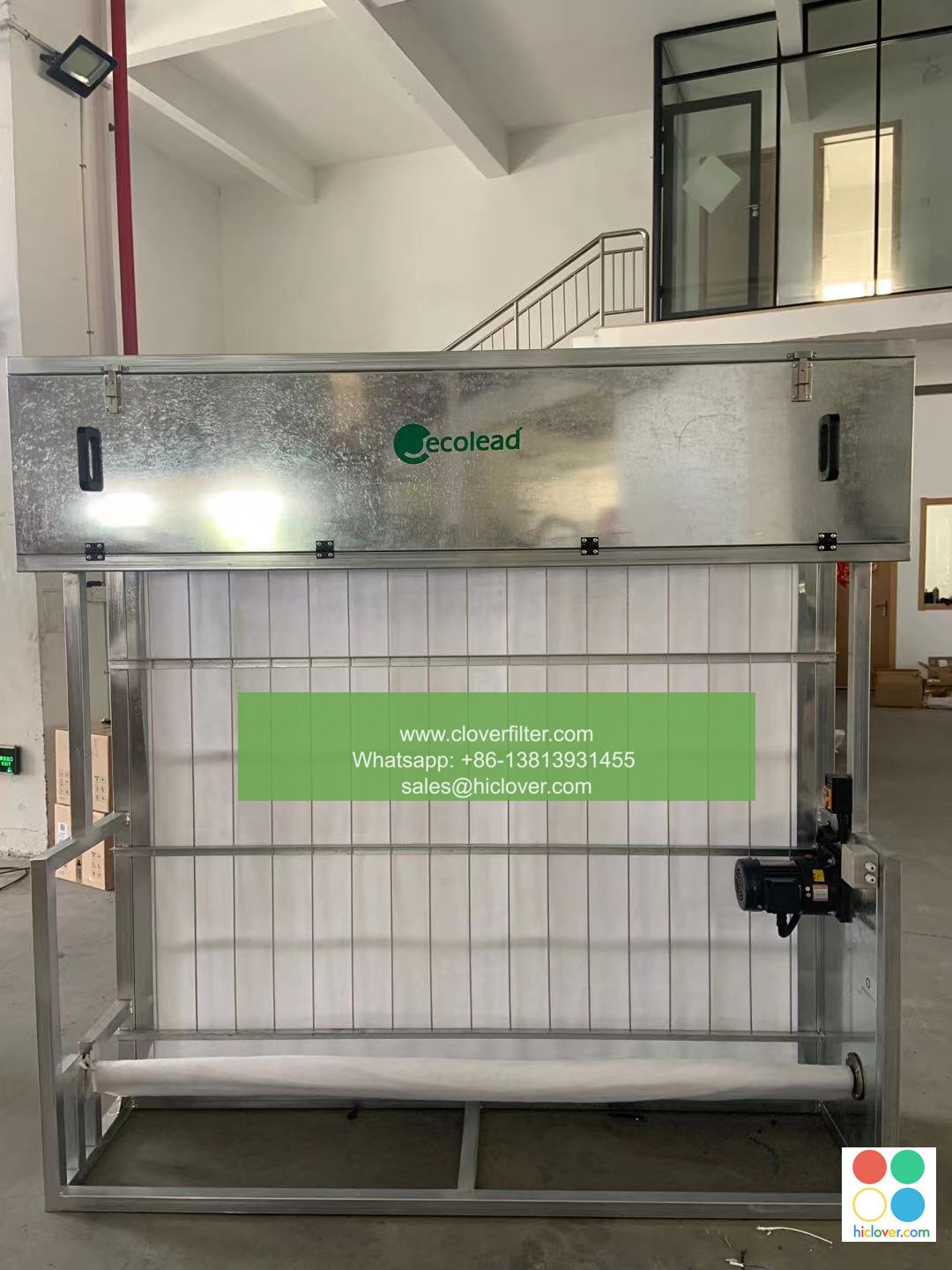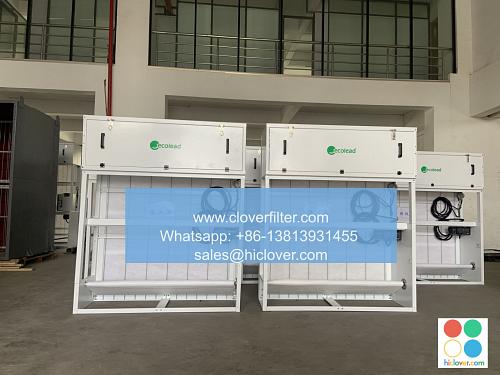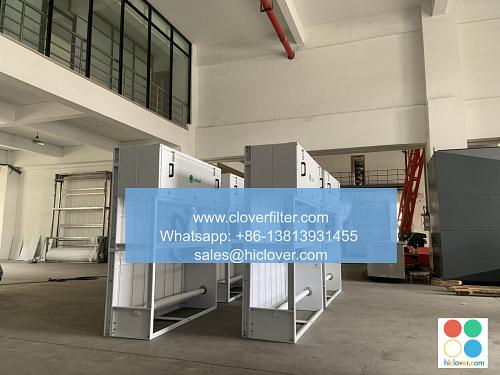Food Safety and Automatic Roll Air Filters: What You Need to Know

When it comes to food safety, there are numerous factors to consider in order to prevent contamination and ensure the quality of the food being produced. One critical aspect of food safety is the control of airborne contaminants, which can include particles, dust, and microorganisms. In food processing environments, the use of automatic roll air filters can play a crucial role in maintaining air quality and preventing the spread of contaminants. In this article, we will delve into the importance of food safety, the role of air filtration in food processing, and the benefits of using automatic roll air filters.
Food safety is a complex issue that involves multiple stakeholders and requires a multifaceted approach. Foodborne illnesses can have severe consequences, including hospitalization and even death. According to the Centers for Disease Control and Prevention (CDC), approximately 48 million people in the United States contract foodborne illnesses each year, resulting in over 125,000 hospitalizations and 3,000 deaths. The economic burden of foodborne illnesses is also significant, with estimated annual costs exceeding $15 billion.
Airborne contaminants can pose a significant risk to food safety, particularly in environments where food is being processed, handled, or stored. In these settings, air can be filled with particles, dust, and microorganisms that can settle on food surfaces, equipment, and packaging materials, leading to contamination. Effective air filtration is essential to minimize the risk of airborne contamination and ensure the quality of the food being produced.
Automatic roll air filters are designed to provide high-efficiency filtration of airborne particles and contaminants in food processing environments. These filters use a rolling design, which allows for continuous filtration without the need for manual intervention. As the filter media becomes loaded with particles, it is automatically advanced, revealing a new, clean section of media. This design provides several benefits, including increased filtration efficiency, reduced maintenance, and improved air quality.
The use of automatic roll air filters in food processing environments can provide several advantages. Firstly, these filters can capture up to 99.97% of particles as small as 0.3 microns, including dust, pollen, and other airborne contaminants. This level of filtration efficiency is critical in food processing environments, where even small particles can pose a risk to food safety. Secondly, automatic roll air filters can help to reduce the risk of cross-contamination, which can occur when airborne particles are transferred from one food product to another. Finally, these filters can help to improve the overall air quality in food processing environments, reducing the risk of respiratory problems and other health issues associated with poor air quality.
In addition to the benefits mentioned above, automatic roll air filters can also help food processing facilities to comply with regulatory requirements and industry standards. For example, the US Department of Agriculture (USDA) requires food processing facilities to maintain strict controls over airborne contaminants, including particles and microorganisms. The use of automatic roll air filters can help facilities to meet these requirements, reducing the risk of non-compliance and associated penalties.
When selecting automatic roll air filters for use in food processing environments, there are several factors to consider. Firstly, the filter media should be designed to capture particles and contaminants of the desired size range. Secondly, the filter should be constructed from materials that are durable, easy to clean, and resistant to corrosion. Finally, the filter should be designed to integrate seamlessly with existing HVAC systems, minimizing disruptions to food processing operations.
In conclusion, food safety is a critical issue that requires a multifaceted approach, including the control of airborne contaminants. Automatic roll air filters can play a vital role in maintaining air quality and preventing the spread of contaminants in food processing environments. By providing high-efficiency filtration, reducing maintenance, and improving air quality, these filters can help food processing facilities to ensure the quality and safety of their products.
Frequently Asked Questions
Q: What is the importance of air filtration in food processing environments?
A: Air filtration is critical in food processing environments to prevent the spread of airborne contaminants, including particles, dust, and microorganisms, which can pose a risk to food safety.
Q: How do automatic roll air filters work?
A: Automatic roll air filters use a rolling design, which allows for continuous filtration without the need for manual intervention. As the filter media becomes loaded with particles, it is automatically advanced, revealing a new, clean section of media.
Q: What are the benefits of using automatic roll air filters in food processing environments?
A: The benefits of using automatic roll air filters include increased filtration efficiency, reduced maintenance, improved air quality, and reduced risk of cross-contamination.
Q: How can automatic roll air filters help food processing facilities to comply with regulatory requirements?
A: Automatic roll air filters can help food processing facilities to comply with regulatory requirements, such as those set by the USDA, by providing strict controls over airborne contaminants and reducing the risk of non-compliance.


